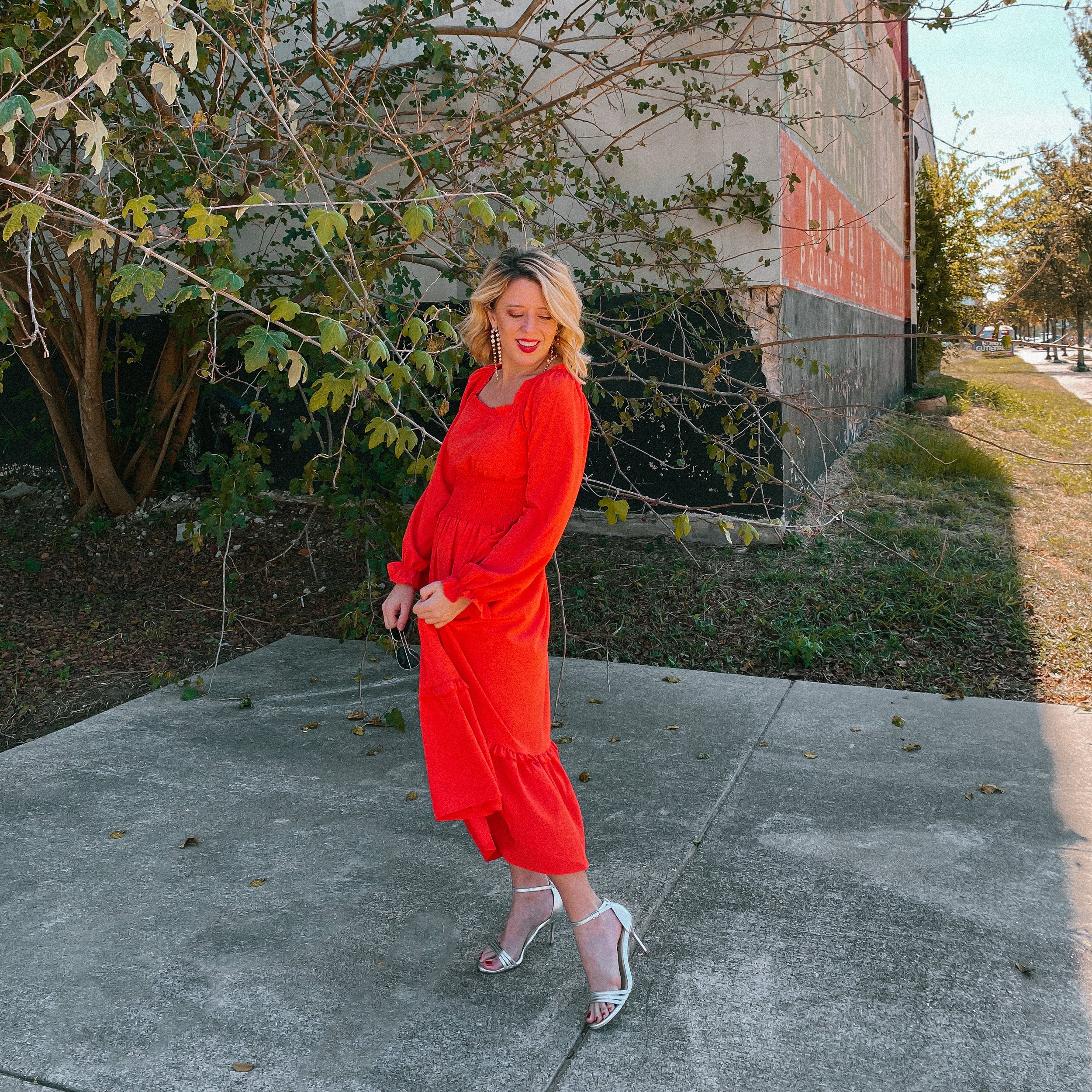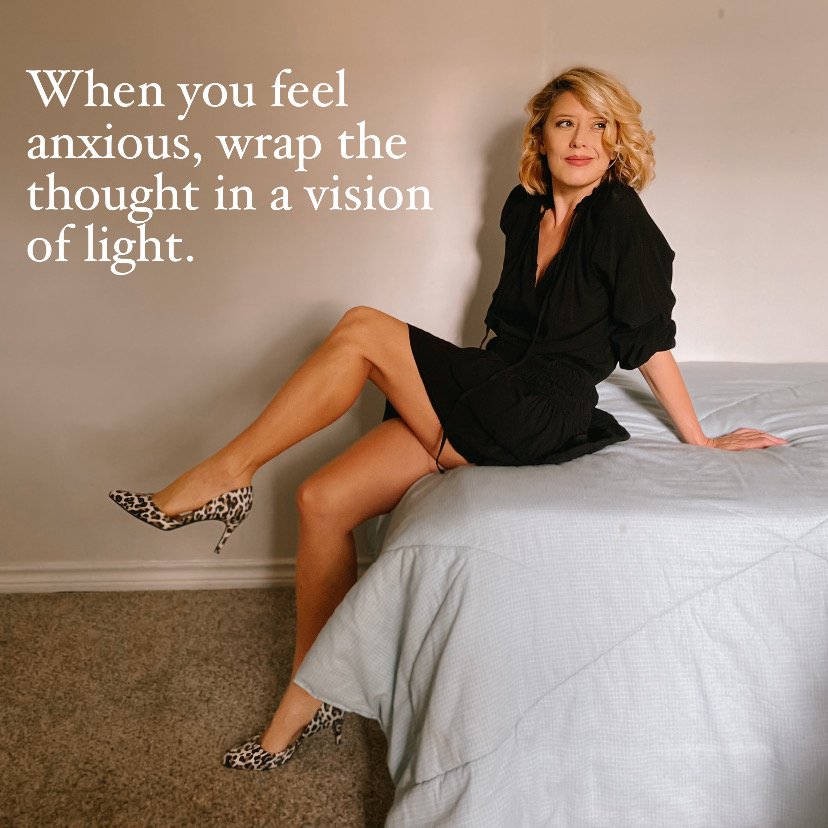Depression Wasn't What I Thought It Would Be
A few years ago I had life changes take place that sent me into somewhat of a downward spiral. Started with a breakup, then a hurricane displaced me and then I got pneumonia. The three events combined that year were a catalyst for depression. Everyone functions differently. Depression can look different for different personalities. My personality is a high achievement. I operate at a fast pace with lots of energy. I prefer environments with order and structure and thrive when faced with challenges. For me, depression wasn’t siting on a couch barely able to get going everyday. In fact, it looked much different than that. Today’s post is to share insight on how sadness affects the brain, signs someone is struggling with depression and how to help.
My experience
As mentioned above I am a high achiever. If you are familiar with Myers Briggs - I’m an ENTJ. I love a good challenge, setting goals and racing across finish lines in life. There’s nothing I can’t achieve if given enough time, energy and other resources. I’ve lived by this motto most of my life. For me depression included a major loss of interest in almost anything. I didn’t have projects or much of a to do list during that period. Work challenges became annoying instead of my area to thrive in. I had people later tell me I just didn’t seem to care about things I normally cared about. I stopped doing almost all creative hobbies to include blogging and painting. I also didn’t feel like eating and sleeping was irregular. Some people eat more during depression while others lose their appetite. I completely lost my appetite. I felt tired and annoyed daily and contemplated What the hell was I put on this planet for? Is this all to life there is? Is there more? I also didn’t laugh or make others laugh very much.
Depression and the Brain
After about a year of making what I would consider poor choices in life, I finally sought some help. I found out I had increased levels of cortisol and a decrease of my body producing cortisol. Due to my high achievement nature - my depression was coupled with anxiety. I highly recommend seeing a psychiatrist after reading this blog post if you relate in any way to it. I fought getting help for a really long time and after I did seek help my entire life improved rapidly. It took a willingness to get better and work towards a solution. I was put on a non-narcotic sleeping medication and then an SSRI.
Over a period of nine months I started feeling better. I exercised daily, put structure back in my life and at healthy. Sleeping became a huge priority and necessity for my brain to heal. I also made a decision to never touch alcohol again. For some this idea is drastic, but I recounted the patterns in my life and for someone who has anxiety… it’s a recipe for disaster. It actually drives the anxious brain to operate unhealthily. It’s been 23 months since my last glass of wine and I will never go back to that lifestyle. Depression affects cortisol levels, serotonin and the amygdala. All parts of the brain necessary for mood stabilization. There’s a point in many people’s lives where they are so sick of being sick and tired they will do anything to get better. That was me. The desire to get better outweighed the desire to pass the time and numb the pain. I had issues and they needed to get sorted out.
Signs Someone is Struggling
Since that time in my life I’ve tried my best to help others through tough periods. Knowing what I went through, it’s easier to recognize when someone is feeling troubled. I’ve witness a couple of people who are really close to me experience depression and each person was different in how they handled it. Some seem extremely irritable. They snap and yell at little things. Others completely receed. They spend most of their time alone or sleeping with a loss of interest in food. For some, I’ve watched them throw themselves into their routine - they get up go to work, go to the gym, come home have a drink and go to sleep. Rinse and repeat.
There are others who throw themselves into partying and basically checking out all together. The one thing in common between all is that whatever the behavior is there’s a gut feeling that something just isn’t right. They have a loss of their personality, fulfillment and goals. They lose a zest for life. Their words change. No longer do they talk about things they look forward to but instead express frustration. Some clean more, some stop taking care of their environments. Some try to control while others check out. Whatever the behavior is, if you are around someone and they aren’t acting like themselves you may want to consider if they need some extra help and support.
How to Help
Unfortunately, you cannot change anyone. I repeat - YOU CANNOT CHANGE ANYONE. This is a reminder to myself, too. It’s hard to watch someone you love go through tough times. I think one of the best things you can do is just be there. For us problem solvers, you’ll have to put on a whole different level of self restraint because it isn’t a problem you can solve. You can though - help them with meals. In my experience people who are sad eat differently than normal. Either not enough or really unhealthy foods. Check out their fridge, have something delivered or ask them if you can bring over dinner. Spend time with them. Sometimes the best medicine is just knowing someone is there for you. Watch a movie, go on a walk with them, and be prepared to carry the conversation or sit in silence. Just being present is important during this time.
Depression makes you feel like you are not good enough and alone in this world, having someone who cares about you around makes a big difference. Remind them gently that it’s okay not feel okay and getting help isn’t going to make them weak but instead will make things better. You can’t do things for them, it’s their journey but you can encourage them to get extra support. Finally, point out the good. This is really important. When I felt depressed I struggled seeing the good - the good in myself, the good in others and the good in the world. Genuine compliments helped me and words of affirmation that I would improved made things better.
The last thing is give it time and to just check in with them. Sometimes just knowing that someone cared was enough for me that day. As I received encouragement, changed my lifestyle and daily habits - things fell in line and I was able to stop feeling the way I felt. It took time, effort and support. I believe anyone can come out of this and use their struggles to later help others.
If yourself or someone you know is struggling with any of this listed above there are tons of resources available whether you have income or not - here’s website to check out: SAMHSA National Help. I personally use an app called Talkspace which offers a chat feature for me to discuss things with a licensed therapist. I can schedule video calls or just chat at my own pace. Therapy, healthy lifestyle choices and a willingness to make changes and face issues will make a world of difference.






























